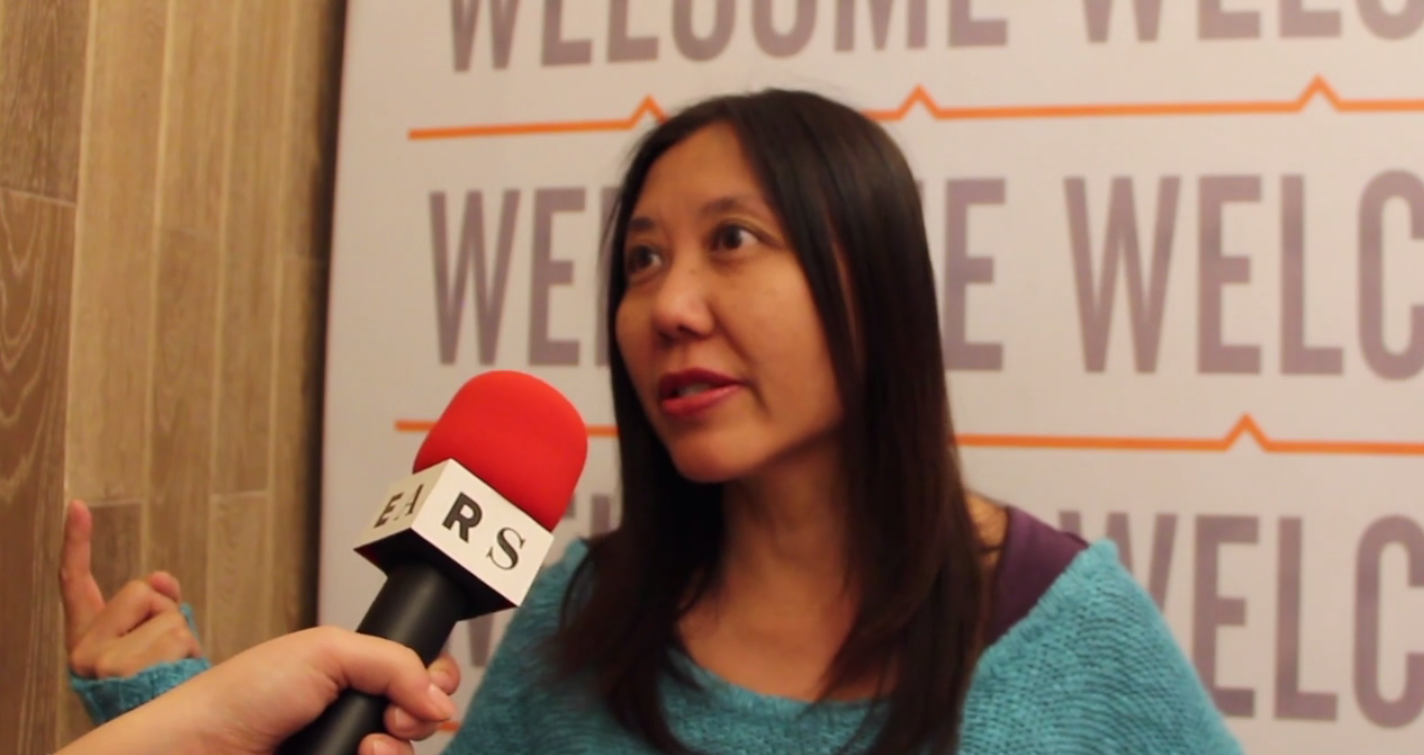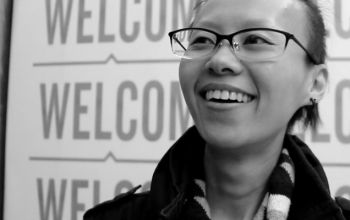Trees Music and Art collaborates with artist with similar mind and vision in producing quality music, and has developed to be one of the few indie music labels celebrating independent music yet growing internationally. In the past years, Trees Music and Art actively organized and supported their musicians to participate in international projects and performances, and started various cross-cultural music creation projects. EARS had a chat with Chung Sefong, Director of National Cheng-chi University’s Art and Culture center, about performing arts and storytelling in Asia.
Hey, who are you and what do you do?
I’m Chung Shefong and actually I work on a lot of different things. I’m teaching at the National Cheng-chi University and this year my current position is also the Director of the University’s Art and Culture center. I’ve also been working as a music producer and a festival organizer for many years. I founded the music label Trees Music and Art in 1993 and a festival called Migration Music Festival in 2001.
How has the performing arts field developed since you started working in the field?
The music festival and label I’m working with are definitely not mainstream so the development of the industry is not something we would focus on. Nevertheless, I would say that what has changed, is the audience. More people are interested in our music and coming to see the gigs. We are also getting more support and more people trust our brand.
What is the festival about?
I founded the festival called Migration Music Festival eleven years ago. It’s not a big scale festival, it’s something between a small and a medium sized one. Our festival programs vary from film and panels to workshops and storytelling. The year 2013 we concentrated in the storytelling.
Why is the festival called Migration Music festival?
I started from the concept of migration, I’m very interested in all the stories and the music related to it. I’m also interested in the story of diaspora. As the festival is not very big, I really need to focus on the themes and topics of the program and select the artists carefully. During the last few years, we’ve had themes such as accordion new definition, world indigents, conscious, this year storytelling tradition and also we are concentrating on the Asian artists doing something unique.
We are introducing the unknown history of Asia and stories about it to the Taiwanese through music.
How does storytelling vary in different parts of Asia?
That’s actually a part of our theme this year. We try to link the singing, bard tradition from each country to contemporary storytelling. I think the contemporary storytelling, the singer songwriter tradition is more connected to the social issues. Taiwan is a part of Asia but we don’t know what is happening in our neighbor countries. In the 60’s and 70’s there were the student movements in Asia and many folk movements rose from the social and political movement. We didn’t know about that at the time so we are trying to introduce these stories through music now.
People don't often have the will to understand others
How did the audience react to the theme?
I try to make the Migration Music Festival a platform or a tool to fix the gaps in people’s knowledge as there is always a gap in understanding others. We don’t always have the will to do that. The most important role for this kind of a festival is to make people know about other’s stories and give them more understanding.
There are a lot of festivals that concentrate on a specific type of music, be it jazz or classical music. I try not to do that, I always start with a theme. It’s not very common nowadays.
What is the future of independent festivals in Taiwan?
I think it will get more and more difficult as the costs of organizing an event are rising. That’s why it’s important to network with other festivals and establish partnerships. Otherwise it will get more and more difficult as also most of the countries are cutting their culture budgets. I try not to think about the future too much, I just try to find more and more new partners so that we can keep on doing the things we want to do.





